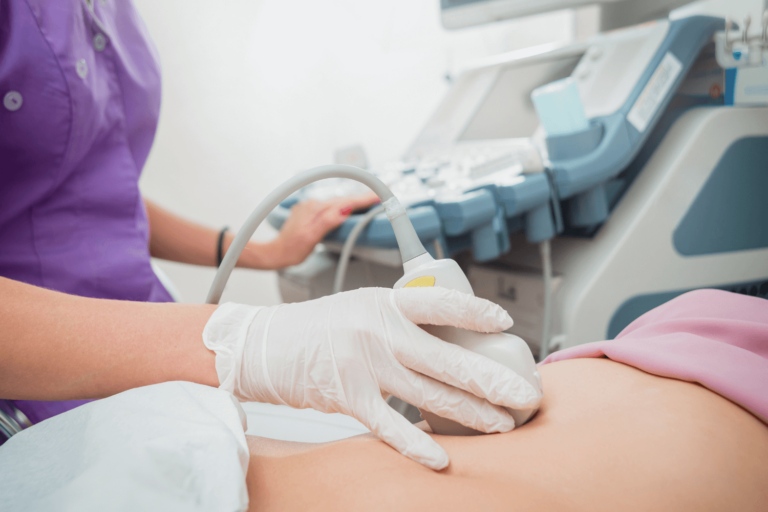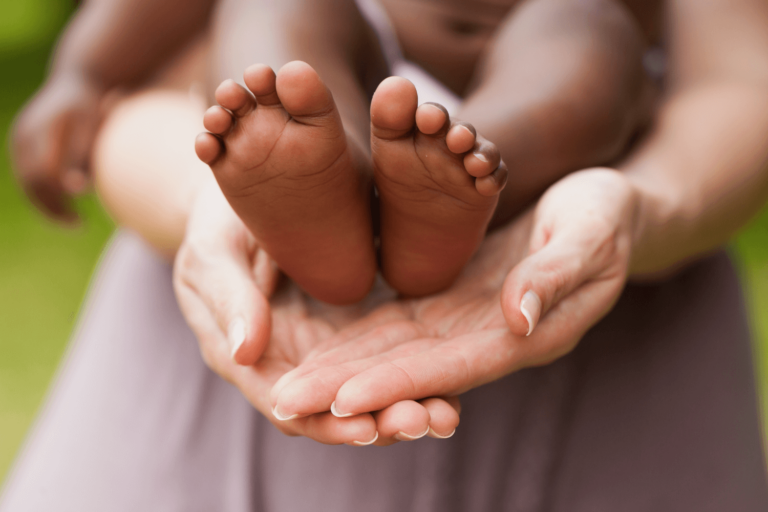Pregnancy can bring both joy and challenges, and one of the most significant concerns for many expectant mothers is financial stability. The cost of medical care, housing, nutrition, and baby supplies can add up quickly, creating stress during what should be a special time. Fortunately, there are numerous financial assistance programs and resources available to help pregnant women manage these expenses and ensure they have the support they need.
Access Local Support at Pregnancy Resource Centers
Pregnancy resource centers (PRCs) offer a wide range of free or low-cost services to support women during pregnancy and beyond. These centers provide resources such as pregnancy testing, prenatal care referrals, and ultrasound services to help women confirm and monitor their pregnancies. Additionally, many PRCs offer counseling and education on parenting, adoption options, and childbirth. Some centers also provide material assistance, including baby clothes, diapers, formula, and other essential baby items. They tend to be well-connected with other local resources, so they may be able to refer you to other local charities and nonprofit organizations that can provide assistance.
Medicaid—Healthcare Coverage for Low-Income Pregnant Women
Medicaid provides health coverage for low-income individuals, including pregnant women. Eligibility and benefits vary by state, but Medicaid typically covers prenatal care, labor and delivery, and postpartum care. In many states, pregnant women with incomes up to a certain percentage of the federal poverty level qualify for Medicaid. Even if you are not eligible for Medicaid normally, pregnancy may qualify you for coverage. You can read more about it here: https://www.medicaid.gov/
Health Insurance Options Through the Children’s Health Insurance Program (CHIP)
CHIP provides low-cost health coverage for children and, in some states, pregnant women. If you do not qualify for Medicaid but cannot afford private health insurance, CHIP may be an option. You can read more about it here: https://www.healthcare.gov/medicaid-chip/childrens-health-insurance-program/
Nutritional Support with the WIC Program
WIC is a federal assistance program that provides nutritious food, nutrition education, breastfeeding support, and referrals to healthcare for low-income pregnant women, new mothers, and children under five. WIC can help ensure you get the right nutrients during pregnancy and after delivery, supporting both you and your baby’s health. You can learn more about WIC here: https://www.fns.usda.gov/wic
Supplemental Nutrition Assistance Program (SNAP) for Food Support
SNAP, also known as food stamps, helps low-income individuals and families purchase food. Pregnant women can apply for SNAP to receive monthly benefits, which can be used at most grocery stores to buy essential food items. You can read more about it here: https://www.fns.usda.gov/snap/supplemental-nutrition-assistance-program
Cash Assistance for Basic Needs Through TANF
TANF is a federal program that provides cash assistance to low-income pregnant women and families with dependent children. The program is designed to help cover basic needs such as housing, food, and utilities. Each state runs its own TANF program, so eligibility requirements and benefit amounts vary by location. You can read more about TANF and find your state’s program here: https://www.acf.hhs.gov/ofa/map/about/help-families
Accessing the Right Resources for You
Financial assistance for pregnant women is available through various programs, each designed to help cover healthcare, nutrition, and essential expenses. Whether you need immediate medical care or ongoing support for food and housing, these resources can provide crucial assistance.




